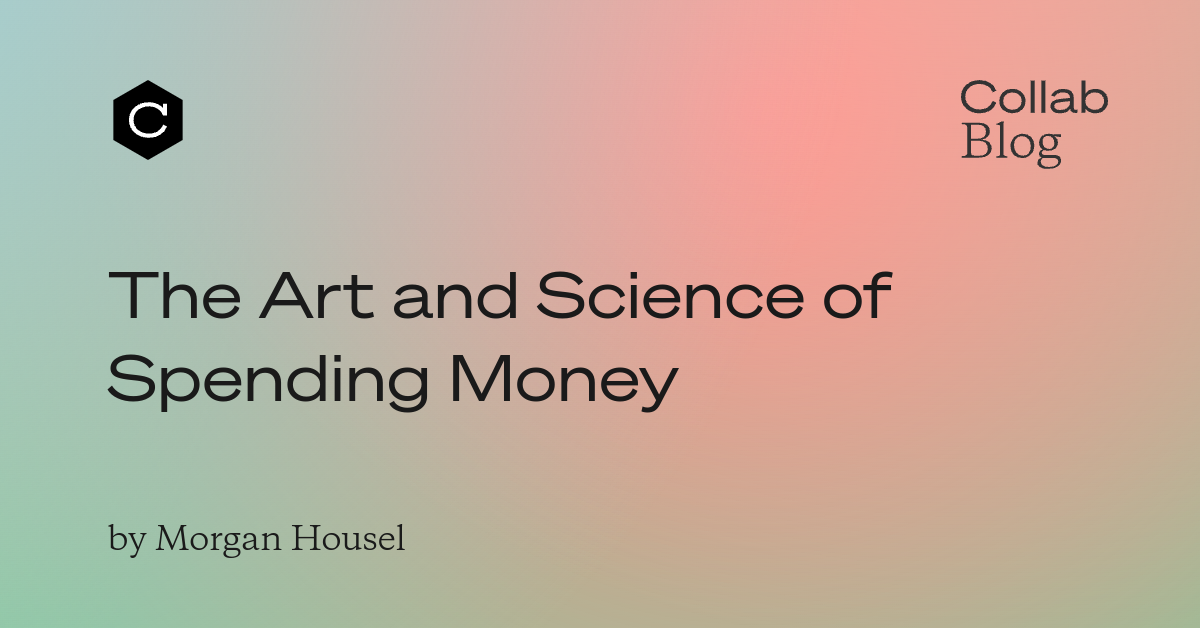- 2036
- Posts
- 📉 How I lost nearly everything
📉 How I lost nearly everything
and the science of spending money
GM everyone - and happy Friday. This is 2036, the newsletter that pays you to learn about crypto.
Today's email is going to get a little more personal - for both you and me.
So here we go. When I was 24 (a few years ago now!), I lost nearly everything.
At the time, the price of oil had just crashed. And I was convinced - in all my wisdom - it couldn't go lower.
So I converted my entire portfolio into oil stocks and used it as collateral to buy more oil stocks.
It was a one-way bet on oil stocks - up only.

And of course - I was wrong. Instead of going up 📈 after I bought - as I naively thought it would - it cratered even further down.

I placed my trade on September 10, 2015. 4 months later, the price of oil was down 25%. But my stocks were down 40% or more 📉.
Oil stocks were my collateral - and they collapsed in value. My broker called me every day and threatened to liquidate me in a margin call.
Luckily, with some help from relatives, I managed to keep my trade on, and 3 months later, oil stocks did recover. But every day I was panic-glued to a screen.
Nearly losing every penny to my name was the most profound financial event of my twenties. And it taught me powerful lessons, including:
the danger of leverage
the danger of trying to make macro-calls on things like currencies, interest rates, or political outcomes
the power of concentrated bets - in both directions
that "the market can stay irrational longer than you can stay solvent"
(Unfortunately, it took me another bullet to learn the lesson on currencies. I locked myself into a multi-year trade on the Colombian peso - which is linked to oil - and got it totally wrong.)
But ultimately, I learned my lesson.
Since then, I've read every personal finance book under the sun and reflected on every financial mistake and win I've ever had.
I don't use leverage. I don't bet on politics or currencies. I still take concentrated multi-year bets that I believe have asymmetric upside (ahem, bitcoin/eth).
And importantly, I've sharpened my bullshit radar on all things money and finance on the Internet. As you know, crypto is full of them.
So this week, I was very surprised when I came across one of the best articles on personal finance I've ever read.
I think everyone should read it and spend some time thinking about it.
So that'll be today's task.
✅ Task: get paid $20 in BTC for reading "The Art and Science of Spending Money"
Money is a strangely emotional subject that most of us avoid addressing. We gamble, close our eyes and pray things go our way.
We get anxious every time we open our bank accounts or invest in ourselves.
But money is important. It buys us comfort. As Naval Ravikant says - money solves all of our money problems.
But financial independence is also upstream of ideological independence.
It's difficult for a man to understand something when his salary depends on him not understanding it.
When no one can fire you over what you say, you have the freedom to think what you want.
That's why money and wealth are part of the things we desire.
And no one teaches it better than Morgan Housel.
If you aren't familiar with Housel, he's the author of the famous "The Psychology of Money" - which you should definitely also read.
But his recent blog post is a masterpiece. So today's task will be to read his blog post and share some of your take-aways with us.
Step #1: Read "The Art and Science of Spending Money" by Morgan Housel
Step #2: Fill in this form with your answers to complete today's task.
The best submission will win $20.
We're off for the weekend - so we hope you have a fantastic one.
We'll speak again Monday.
Alex.
What did you think of today's task? |
